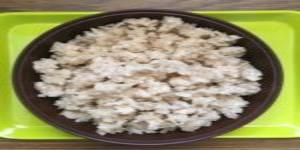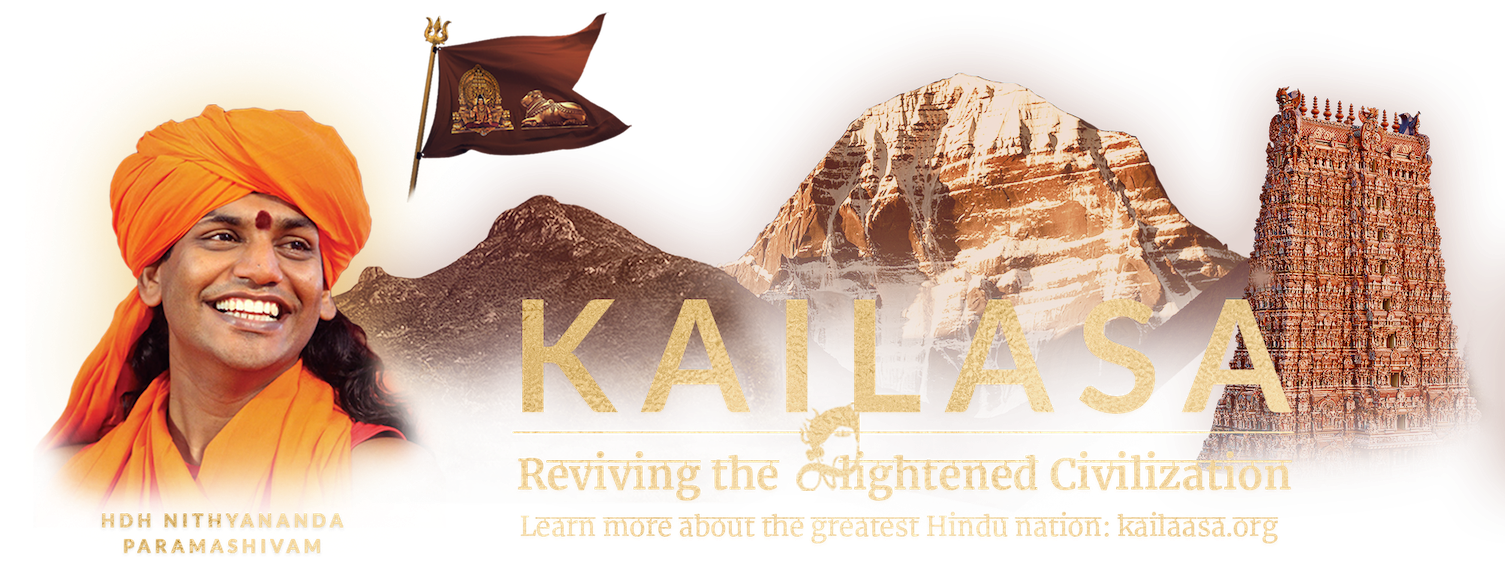
Scope
Vadam (Sandige in Kannada) is a fried snack, popular in Karnataka, Andhra Pradesh and Tamil Nadu. It is also served as an accompaniment with meals.
Fundamental Concepts and Principles
? Basic ingredients used to make vadams include pure water, rice/beaten rice, chilli powder mix (karapodi), asafoetida, salt. To this basic mix a variety of other items such as pulses, banana stem, etc. are added to make delicious and wide varieties of vadams or fries.
Fundamental Concepts and Principles
Following ingredients are required for making Aval Vadagam :
- Pure water
- White aval
- Karapodi
- Chopped coriander leaves
- Rubbed Sesame seed
- Finely chopped Green Chilies
Method
? These ingredients are combined and ground to a coarse or fine paste, depending on the recipe, made into small balls or flat circles and then sun dried for a few days. The resulting vadams are stored in airtight containers for months or even years, to be used as and when required for meals or as snacks. The vadams are deep fried in oil, to be served as a snack or accompaniment to meals.
Method
- Pour pure water of 1 and ½ palam in a vessel and put white aval of ½ padi in the water. Allow it to soak nicely in the water. Afterwards drain the water completely and mix the drained aval nicely.
- Now mix the karapodi, chopped coriander leaves, sesame seed, finely chopped green chilies with mixed aval. Now make small gooseberry size balls from the mix. Place the balls on a cloth or mat or clean wooden plank to get dried nicely.
- After the balls are completely dried, it can be consumed by frying it in ghee or oil.
- Note: Sesame seed is added in this recipe to give taste. But it spoils the vadagam. So if we wish to preserve and use this dish for a longer period we can avoid sesame seed from the recipe as an option.
Hindu Compliance Body
The Hindu compliance body was established under the executive order of The Supreme Pontiff of Hinduism, dated August 14, 2020, order number 10010, under the title Reviving the Hindu Compliance System and Body
to create, promote, spread and teach the standard procedures for all products and services that are in compliance Hindu Shastras.
Copyright
HCS has the copyright of all its publications. No part of these publications may be reproduced in any form without the prior permission in writing to HCS. This does not preclude the free use, in the course of implementing standard, of necessary details mentioned above. Enquiries related to copyrights to be addressed to KAILASA.
